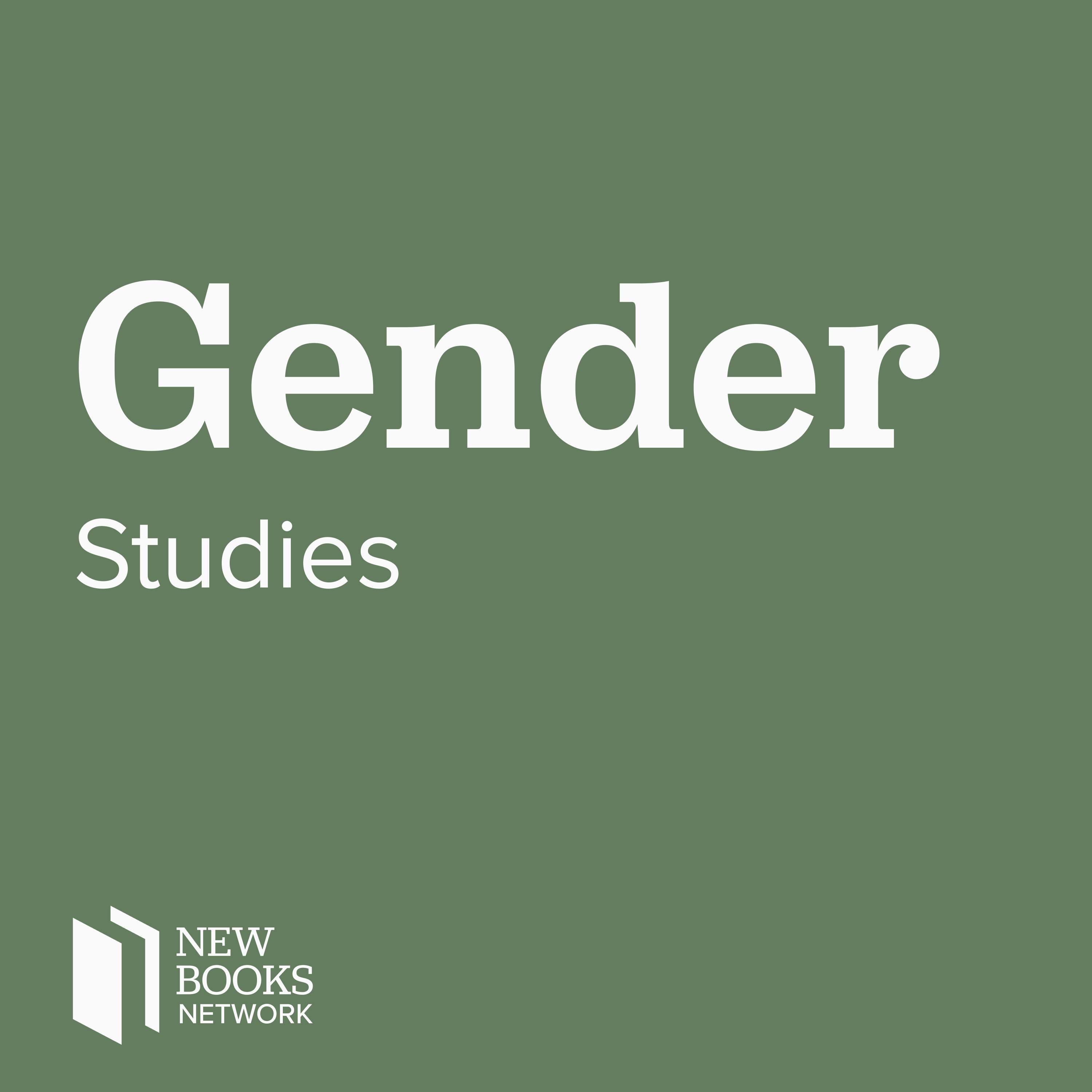Joy Wiltenburg, "Laughing Histories: From the Renaissance Man to the Woman of Wit" (Routledge, 2022)

Joy Wiltenburg's book\xa0Laughing Histories: From the Renaissance Man to the Woman of Wit\xa0(Routledge, 2022) breaks new ground by exploring moments of laughter in early modern Europe, showing how laughter was inflected by gender and social power.\n"I dearly love a laugh," declared Jane Austen's heroine Elizabeth Bennet, and her wit won the heart of the aristocratic Mr. Darcy. Yet the widely read Earl of Chesterfield asserted that only "the mob" would laugh out loud; the gentleman should merely smile. This literary contrast raises important historical questions: how did social rules constrain laughter? Did the highest elites really laugh less than others? How did laughter play out in relations between the sexes? Through fascinating case studies of individuals such as the Renaissance artist Benvenuto Cellini, the French aristocrat Madame de S\xe9vign\xe9, and the rising civil servant and diarist Samuel Pepys,\xa0Laughing Histories\xa0reveals the multiple meanings of laughter, from the court to the tavern and street, in a complex history that paved the way for modern laughter. \u200b\nWith its study of laughter in relation to power, aggression, gender, sex, class, and social bonding,\xa0Laughing Histories\xa0is perfect for readers interested in the history of emotions, cultural history, gender history, and literature.\nElspeth Currie\xa0is a PhD student in the Department of History at Boston College where she studies women\u2019s intellectual history in early modern Europe.\nLearn more about your ad choices. Visit megaphone.fm/adchoices\nSupport our show by becoming a premium member! https://newbooksnetwork.supportingcast.fm/gender-studies